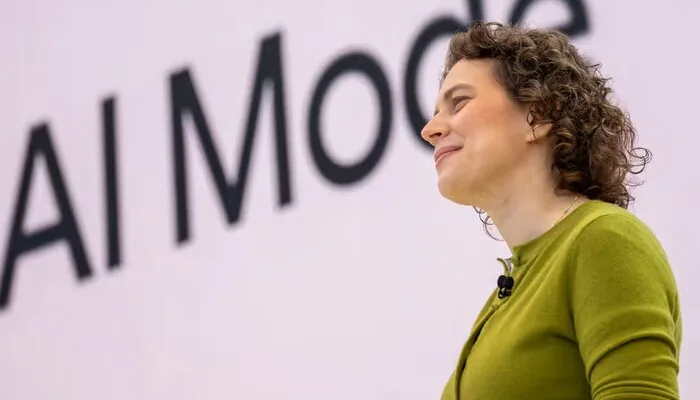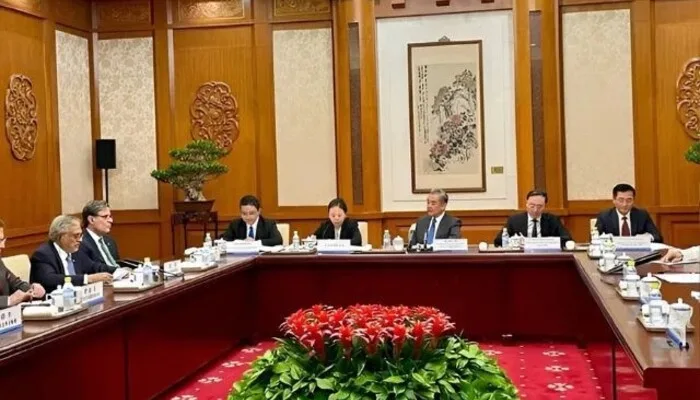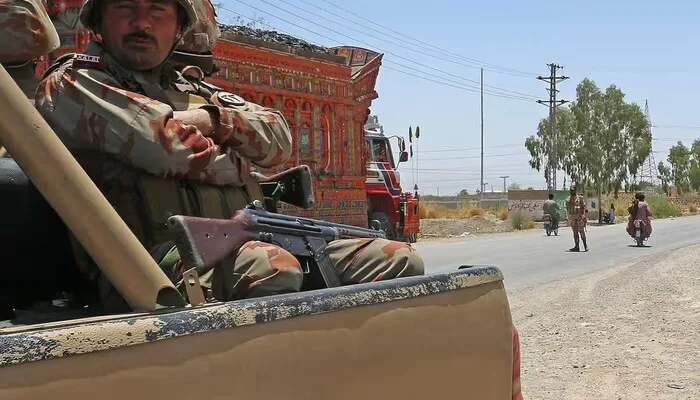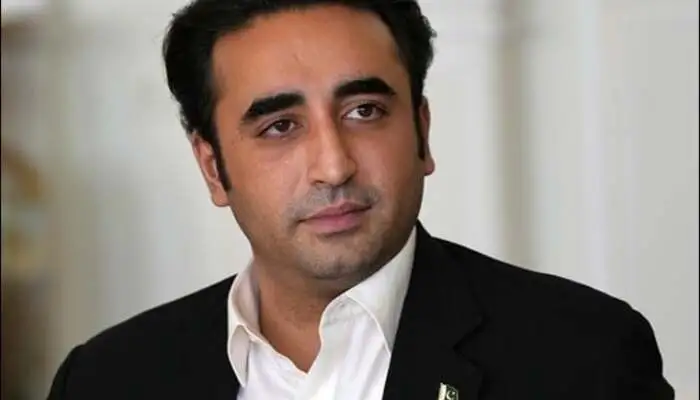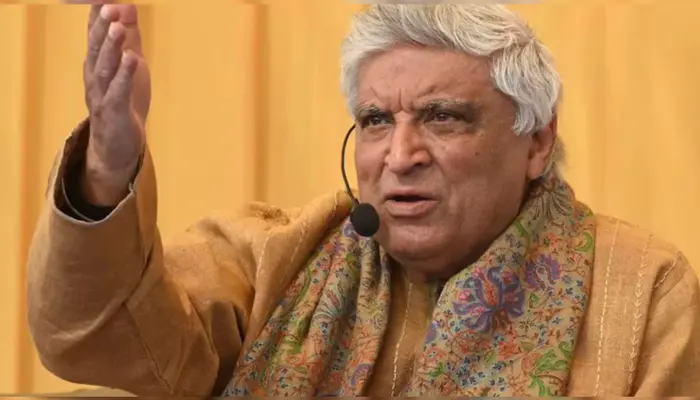
A few days ago, Javed Akhtar, the famous Indian screenwriter and lyricist, made headlines for a highly controversial statement. In a video uploaded by ABP News, he said he would rather go to hell than visit Pakistan. His words instantly sparked fury online, especially among Pakistani artists and citizens.
But before rushing to judge him, it’s important to understand the wider context behind his statement. Akhtar is not just any individual making a casual remark. He is a prominent Muslim figure living in India—a country where Muslims face severe challenges in practicing their religion freely. In fact, many would argue that Akhtar already lives in a form of “hell” due to religious oppression.
India’s Troubling Record on Muslim Rights
India claims to be the world’s largest democracy. Yet, its Muslim minority struggles under policies and societal conditions that threaten their freedom and security. Recent years have seen a surge in religious intolerance, hate crimes, and state-backed discrimination targeting Muslims.
Violence and Lynching: Since 2015, mobs in India have carried out multiple attacks against Muslims, often over accusations of cow slaughter or beef consumption—a sensitive and politically charged issue. These violent acts have left many dead and injured, yet justice remains elusive for victims.
Citizenship Laws: The introduction of the Citizenship Amendment Act (CAA) and the National Register of Citizens (NRC) has raised fears among Muslims of statelessness and mass disenfranchisement. The CAA fast-tracks citizenship for non-Muslim refugees from neighboring countries but excludes Muslims, deepening communal divides.
Religious Restrictions: Muslims often face hurdles in practicing their faith. Reports document harassment at mosques, restrictions during religious festivals, and interference in personal religious choices. The government’s close ties with Hindu nationalist groups have emboldened extremists.
Freedom of Expression: Many Muslim voices critical of these injustices are silenced through arrests, intimidation, or legal action. Prominent Muslim intellectuals and activists have faced crackdowns, often under vague laws related to “communal disharmony” or “sedition.”
Evidence from Recent Events
One vivid example is the arrest of Ali Khan Mahmudabad, a British-educated political science professor and vocal critic of India’s handling of its Muslim population. He was detained after posting comments on social media that praised the Indian military’s actions against Pakistan while criticizing the violence against Indian Muslims. His arrest triggered widespread outrage, including from Amnesty International India, which said Mahmudabad was jailed “not because of what he wrote but because he’s Muslim.”
This is not an isolated case. Numerous academics, journalists, and activists have faced similar repression, highlighting a dangerous climate for dissent in India—especially for its Muslim citizens.
Pakistan’s Warm Welcome vs. Akhtar’s Contradictions
Interestingly, Javed Akhtar has visited Pakistan before. Reports show that he enjoyed his visit and received a warm welcome from Pakistanis, including artists and officials. He even made statements critical of India during that trip, which caused some stir back home.
However, in a surprising reversal, Akhtar later publicly denounced Pakistan, calling it a place he would rather not visit. This flip-flop puzzled many observers. Pakistan welcomed him with open arms despite his harsh words against India. Yet, he chose to respond with what many call hypocrisy—publicly disrespecting Pakistan after being shown kindness and hospitality.
Javed Akhtar’s Controversial Statement
In the ABP video, Akhtar said:

“One side calls me an unbeliever and tells me I’ll go to hell, while the other side says, ‘Jihadist, go to Pakistan.’ But if I had to choose between going to Pakistan or going to hell, I’d like to go to hell.”
His remarks sparked strong reactions from Pakistani celebrities and ordinary citizens alike. Actors like Faysal Quraishi and Ahmad Ali Butt condemned Akhtar’s statement harshly. They reminded him that he already lives in what can be described as “hell” in India—a country where Muslims face systemic oppression, social alienation, and violence.
Pakistani actor Ali Abbas addressed Akhtar’s remarks in a TV show, saying:“We offered you respect when you visited Pakistan. Your hateful words aren’t justified. We understand you want to prove loyalty to your country, but you should be ashamed of yourself.”
Others highlighted that Akhtar’s statements seem aimed more at appeasing hardline elements in India than reflecting his true beliefs. They accused him of hypocrisy for criticizing Pakistan while ignoring or downplaying the struggles of Muslims in his own country.
The Bigger Picture
Akhtar’s remarks reveal a deeper issue. Many prominent Indian figures face pressure to toe the government’s line, even if it means denying or whitewashing the oppression faced by Muslims at home.
Meanwhile, Pakistan, despite its challenges, continues to offer hospitality to Indian artists and citizens. The stark contrast between the two countries’ treatment of minorities and dissenters speaks volumes.
Akhtar’s claim that he’d rather go to hell than Pakistan rings hollow when the “hell” he lives in is India—where Muslim citizens endure daily injustices. His hypocrisy lies in accepting Pakistan’s hospitality but responding with hate.
Conclusion
Javed Akhtar’s comments stirred controversy, but they also opened a window into the harsh realities many Muslims face in India today. While he chose to publicly condemn Pakistan, the evidence suggests he himself lives in a country where Muslims struggle to breathe freely.
His past visit to Pakistan, met with kindness and respect, contrasts sharply with his recent statements. This contradiction highlights the complex dynamics of nationalism, identity, and fear in the region.
Ultimately, Akhtar’s words and actions remind us to look beyond headlines and consider the full context—especially the ongoing human rights issues that affect millions in South Asia. India’s Muslims continue to fight for their basic rights, even as some voices try to silence or erase their struggles.
This story is not just about one man’s controversial take. It reflects broader tensions, hypocrisies, and challenges that define the India-Pakistan relationship and the status of minorities in both countries today.
Follow us on Facebook and Instagram




